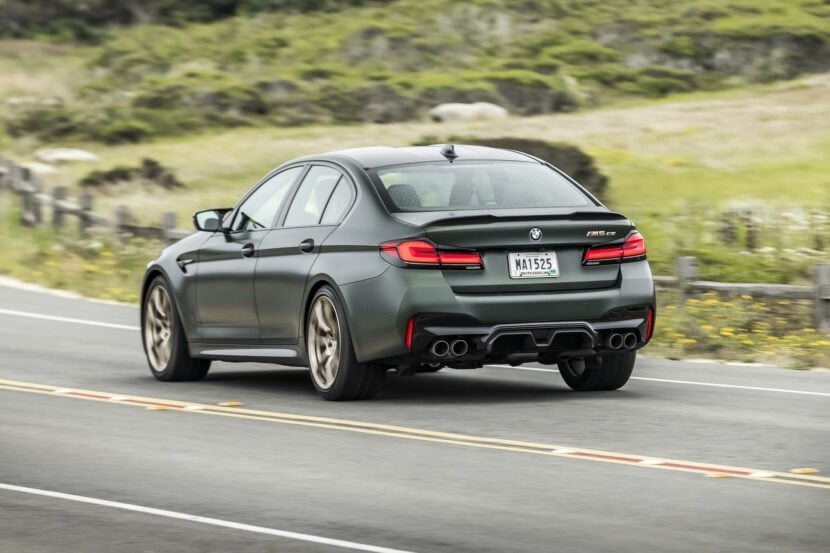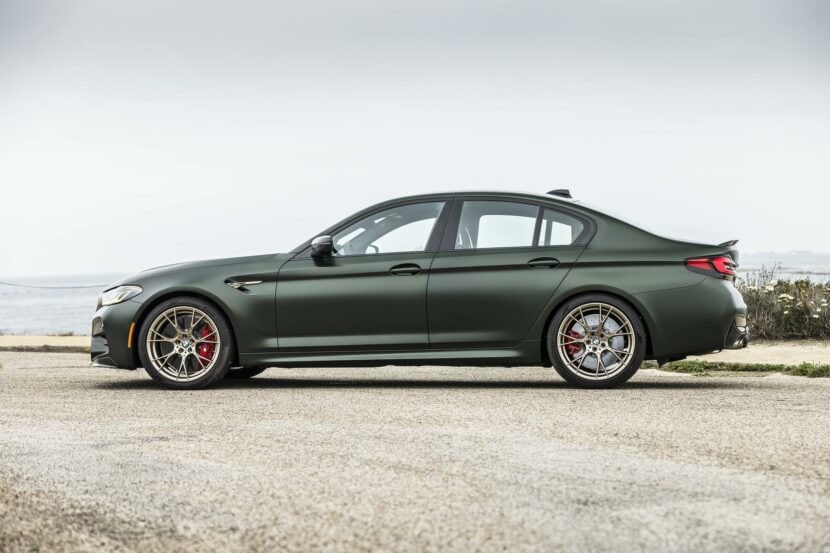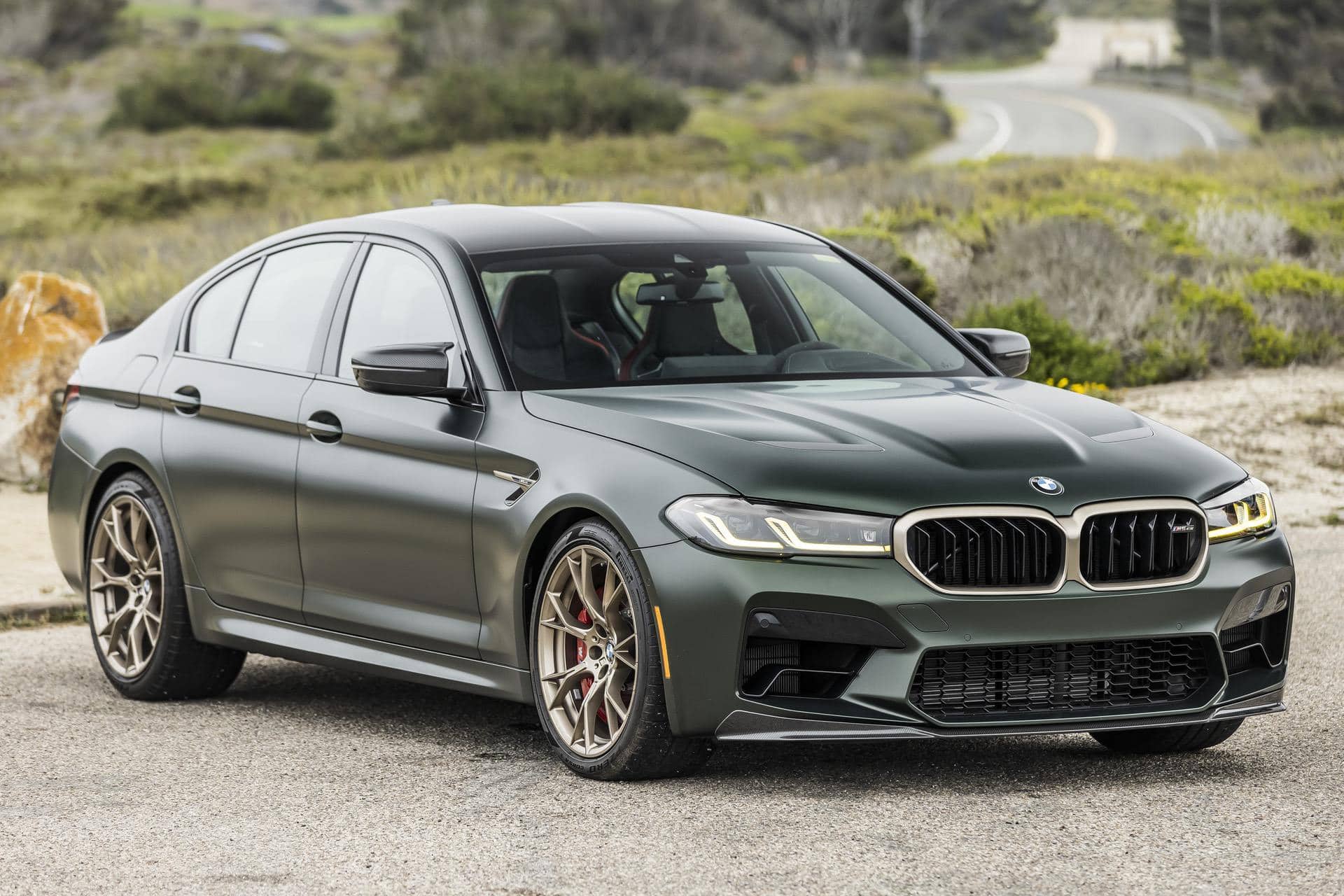We’ve already learned from former BMW M boss Markus Flasch that the mighty V8 is sticking around until at least the end of the decade. The engineers still have a few aces up their sleeve to make the large-displacement engine more efficient in light of increasingly stricter emissions regulations, especially in Europe. Since the V8 is not going anywhere (and neither is the inline-six), expect to find it under the hood of the next-generation M5.
A new report from Auto Motor und Sport aims to shed light on what sort of a beast the super sedan will be in its new iteration. It apparently won’t be the only type of propulsion driving the wheels as the German magazine claims the V8 will form a plug-in hybrid powertrain with an electric motor. Mercedes has already gone down this road with its recently introduced AMG GT 63 S E-Performance, the brand’s most powerful production car to date with a PHEV setup developing an astounding 831 hp (620 kW) and 1,033 lb-ft (1,400 Nm) of torque.

Will BMW M match these numbers? It’s too early to tell, but with the M5 CS already pushing out 627 hp only from its internal combustion engine alone, adding an electric motor would significantly bump the total output. It is believed the beefy PHEV arrangement will debut first in the XM SUV arriving at the end of the month, presumably with somewhere in the region of 750 hp.
Separately from the M5, a recent report states BMW is planning a fully fledged M version of the i5, which will take the role of an electric alternative to the next-generation 5 Series Sedan. It’s said to have no fewer than three motors for a total output of approximately 750 hp for an EV powertrain believed to be shared with a top version, possibly an M Performance derivative, of the larger i7 electric sedan.

Enthusiasts have a lot to look forward to from BMW since a standalone M model is also on its way, and we mustn’t forget the M3 Touring will finally arrive in 2022. It would be wrong to criticize the company for implementing hybrid technology because this is the only way to make the cars comply with tougher legislation regarding fuel consumption and emissions.
The same thing happened to naturally aspirated engines, which had to be turbocharged to become more efficient. Yes, some of the magic got lost in translation, but seeing the glass half full, BMW has never had so many M models in its portfolio. With zero-emissions M vehicles on the way, the portfolio will grow furthermore in the coming years.
[Source: Auto Motor und Sport]





































































